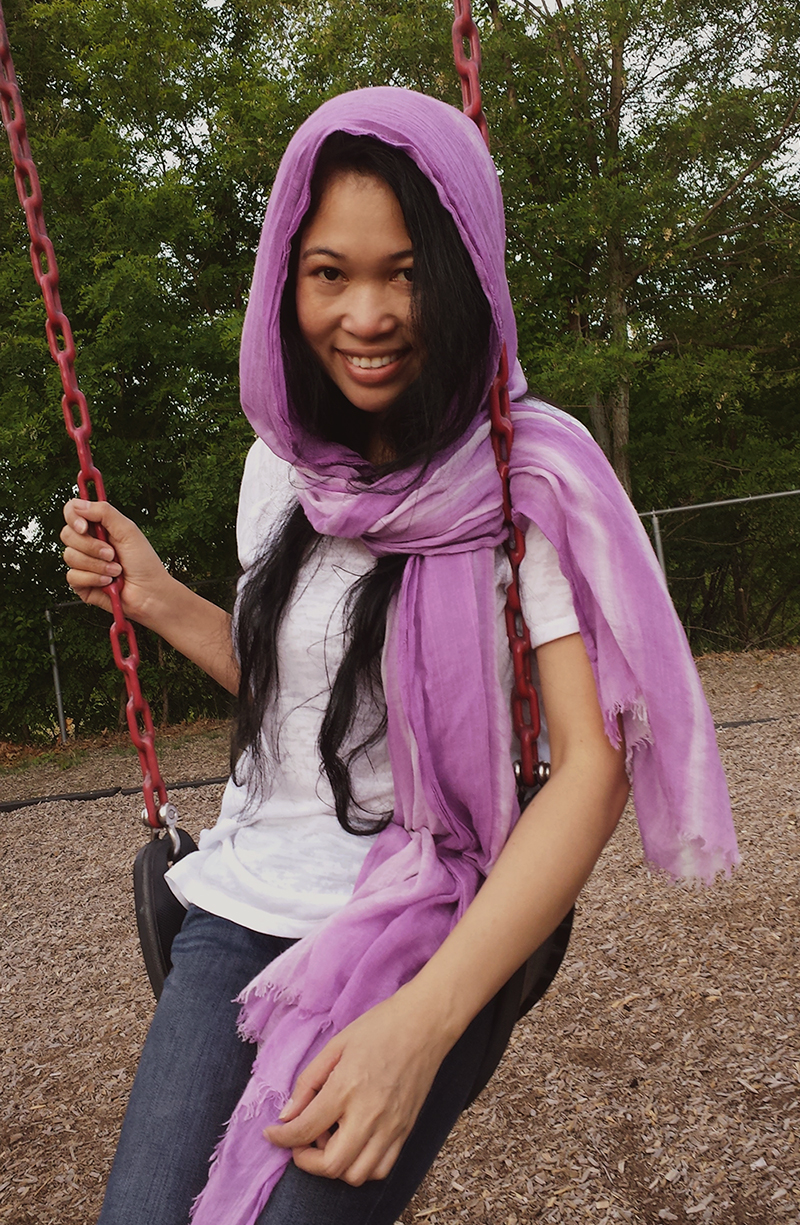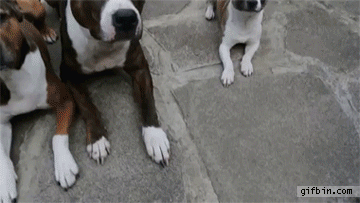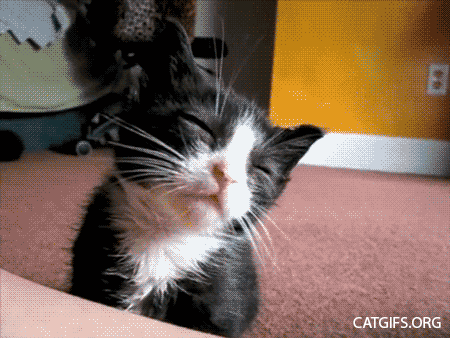The worm
by Ajahn Brahmavamso
There is a wonderful little story about two monks who lived together in a monastery for many years; they were great friends. Then they died within a few months of one another. One of them got reborn in the heaven realms, the other monk got reborn as a worm in a dung pile. The one up in the heaven realms was having a wonderful time, enjoying all the heavenly pleasures. But he started thinking about his friend, “I wonder where my old mate has gone?” So he scanned all of the heaven realms, but could not find a trace of his friend. Then he scanned the realm of human beings, but he could not see any trace of his friend there, so he looked in the realm of animals and then of insects. Finally he found him, reborn as a worm in a dung pile… Wow! He thought: “I am going to help my friend. I am going to go down there to that dung pile and take him up to the heavenly realm so he too can enjoy the heavenly pleasures and bliss of living in these wonderful realms.”
So he went down to the dung pile and called his mate. And the little worm wriggled out and said: “Who are you?”, “I am your friend. We used to be monks together in a past life, and I have come up to take you to the heaven realms where life is wonderful and blissful.” But the worm said: “Go away, get lost!” “But I am your friend, and I live in the heaven realms,” and he described the heaven realms to him. But the worm said: “No thank you, I am quite happy here in my dung pile. Please go away.” Then the heavenly being thought: “Well if I could only just grab hold of him and take him up to the heaven realms, he could see for himself.” So he grabbed hold of the worm and started tugging at him; and the harder he tugged, the harder that worm clung to his pile of dung.
Do you get the moral of the story? How many of us are attached to our pile of dung?


















